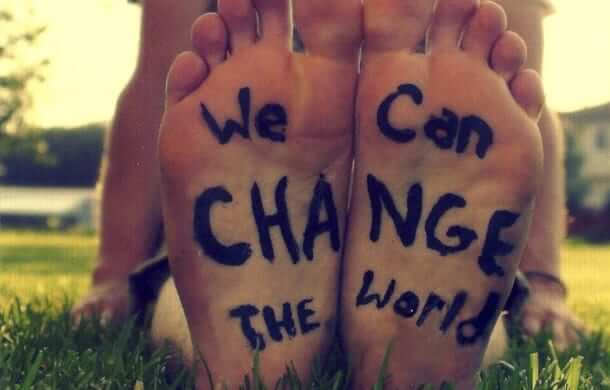You have to be super specific. There are certain businesses, where I am told, its impossible to run it by the book. A hotel for example – if the health inspector decides its cockroach infested (even if its not) you have to end up paying him. Sure you can say you wont bribe etc, but then you need to figure where your definition of ethics kick in.
There is a far deeper meaning for it as well – ethics when it comes to governance? or is it just better employee benefits (and taking care of them)? or is it towards the environment? At some point the sad point about india is that you will have to make some tradeoffs, whether you call it “business as usual” or ethics is a different story.
I remember a case where we were trying to involve a large workforce from Rural India and govt rule states that the minute you have any number of employees beyond 19 you have to provide for PF (Provident Fund). The truth is that, folks from rural areas dont look at this as compensation at all, they think its some form of tax, so you cannot take it from their salary, it becomes an additional expense on the company. In thin margin markets, that could make the difference between making or breaking it. (They circumvented the situation by forming self-help groups and contracting them rather than having all of them as employees)
Now there are certain things that are an absolute No No, like swindling money from the accounts into personal account – evading taxes etc. But its absolutely upto you to set those boundaries and live up to it.
There is a reason why the Tata Group is better reputed than the reliance group – what differentiates them is their threshold for ethics – both are absolutely legal businesses though.
Blog: http://www.vijayanand.name/
Article: http://www.vijayanand.name/2013/06/ask-vijay-what-does-ethics-mean-in-the-context-of-startups/





























